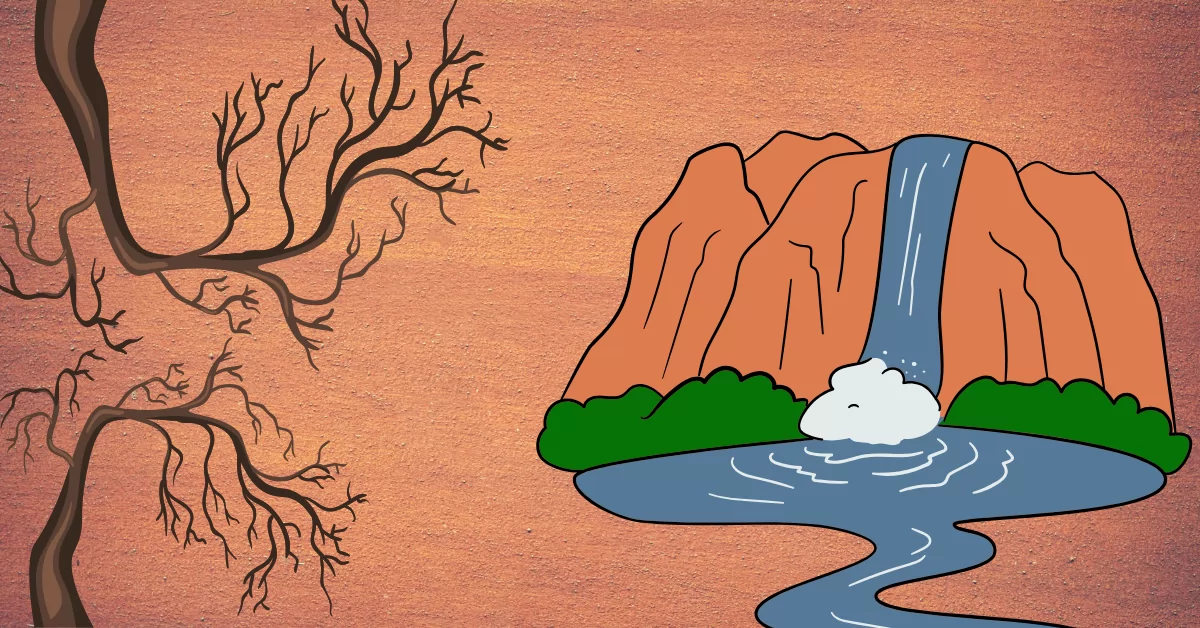In Traditional Chinese Medicine, winter is considered the season for rest, conservation and protection of energy. As nature becomes quiet and still, so we too should take time to pause and reflect, to store and restore.
As Yin achieves its annual peak (or nadir), Yang is enveloped and protected, drawn deep within the natural world and our human bodies. For example, deciduous trees appear bare and dormant during winter, but beneath the surface, their focus is on nourishing their roots and banking sufficient energy for the next year’s cycle of growth and maturity. This is proper and essential for the trees’ survival.
Winter is the dark cold season belonging to the Water Element. According to Five Element Theory, the Kidneys and Urinary Bladder are the associated organs, and it is important to pay attention to the health and functioning of these Lower Burner organs during this period if we want to achieve our potential growth during the warming expanding part of the cycle. Thus, the gifts and opportunities of winter are to be embraced and cherished, rather than dreaded and avoided. Our utmost Yin season is proper and vital for our survival too.
From our practice, we are well aware that the best way to nourish our own roots is to focus our Yi on connecting our Yong Quan/Bubbling (or Gushing) Springs with the earth. The Yong Guan is the first acupoint on the Kidney Meridian and a Gateway or extra sensitive ‘access’ pressure point through which energy can leave or enter the body.
To accurately locate your Yong Quan on the sole of the foot, first trace a line from the base between the second and third toes to the middle of the heel. Divide the line into thirds – the Yong Quan is one third of the length from the gap between the toes, in the depression felt just behind the ball of the foot.

Location of Yong Guan, the first of 27 acupoints of the Kidney Meridian (Image courtesy of Zhu, Wanfeng. Meridian Sensing Qigong lecture. Confucius Institute, Lampeter. 23 November 2024. Confucius Institute Lampeter and Jiangxi University).
This poignant excerpt from the classic Inner Canon of the Yellow Emperor explains winter best:
The three months of winter,
they denote securing and storing.
The water is frozen and the earth breaks open.
Do not disturb the yang [qi].
Go to rest early and rise late.
You must wait for the sun to shine.
Let the mind enter a state as if hidden (as if shut in)
as if you had secret intentions (thoughts of oneself);
as if you already had made gains (so no desire to go out needlessly).
Avoid cold and seek warmth and
do not [allow sweat] to flow away through the skin.
This would cause the qi to be carried away quickly.
This is correspondence with the qi of winter and
it is the Way [the Dao] of nourishing storage.
Opposing it harms the kidneys.
Reference
Huang Di Nei Jing Su Wen, Inner Canon of the Yellow Emperor. An annotated Translation of Huang Di’s Inner Classic – Basic Questions. Volume 1 (Chapters 1-52), compiled 475-221 BC. Paul U. Unschuld and Hermann Tessenow in collaboration with Zheng Jinsheng. Berkeley and Los Angeles: University of California Press, 2011. Chapter 2 (pp.183-84).


Leave a Reply